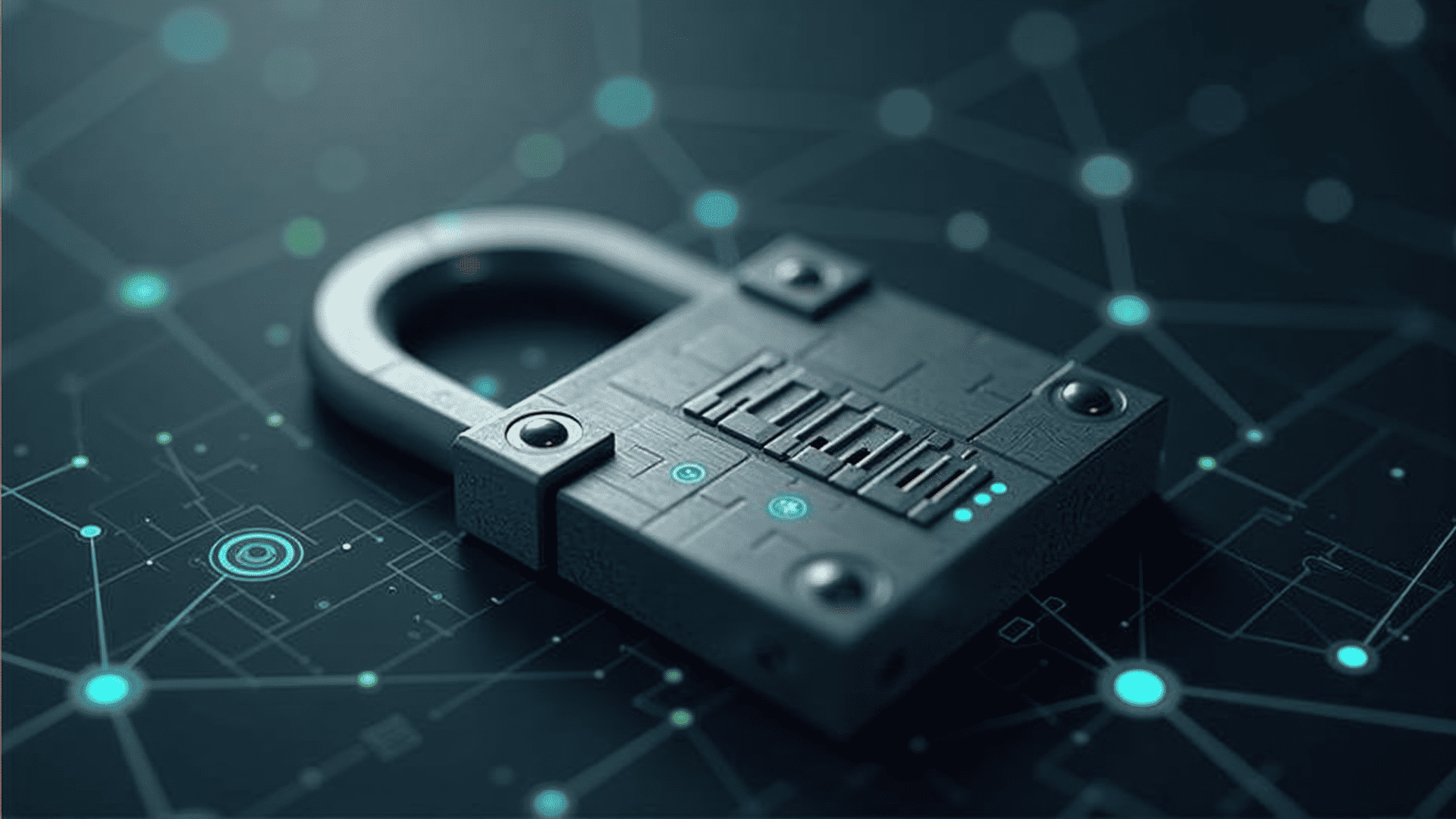In today's rapidly evolving digital landscape, the need for advanced security measures has never been more critical. With the exponential growth of cyber threats and increasingly sophisticated attacks, safeguarding digital assets is paramount. The adoption of cutting-edge technologies such as high-level encryption and decentralized systems represents a formidable defense against potential breaches.
At the heart of modern security is encryption, a process that transforms data into unreadable code to protect it from unauthorized access. High-level encryption goes beyond traditional methods by employing complex algorithms and longer keys, making it exponentially more difficult for cybercriminals to decipher the information. For instance, the implementation of AES-256 encryption, widely regarded as one of the most secure encryption standards, has become a benchmark for industries handling sensitive data. Whether it's personal communication, financial transactions, or medical records, high-level encryption ensures that data remains confidential and secure.
Complementing encryption is the revolutionary approach of decentralized systems. Unlike traditional centralized networks where data is stored on a single server, decentralized systems distribute data across multiple nodes. This distribution not only enhances security by eliminating a single point of failure but also improves resilience against attacks. Blockchain technology is a prime example of decentralized systems at work. Originally designed to secure cryptocurrency transactions, blockchain has since been recognized for its potential to revolutionize how data is stored and protected across various sectors.
The integration of advanced security measures extends beyond protecting data; it fortifies user confidence and trust. As individuals and organizations become more aware of the importance of data integrity, they are more likely to engage with platforms that prioritize their security concerns. For businesses, this translates to a competitive advantage, attracting customers who value privacy and data protection.
Implementing state-of-the-art security measures involves more than just technology. It requires a comprehensive strategy that includes continuous monitoring, threat detection, and regular updates. Cybersecurity is a dynamic field where threats evolve, necessitating proactive and adaptive defense mechanisms. Regular security audits, employee training, and adopting best practices are vital components in maintaining robust security postures.
Integration with emerging technologies such as artificial intelligence and machine learning further bolsters digital defense capabilities. These technologies enable systems to detect anomalous behavior and potential threats in real-time, allowing swift countermeasures. By analyzing vast amounts of data, AI-driven security solutions can identify patterns and anticipate potential vulnerabilities before they are exploited.
In conclusion, the fusion of high-level encryption and decentralized systems represents a significant leap forward in digital security. As cyber threats become more intricate, the need for advanced security measures is imperative. By safeguarding digital assets with state-of-the-art technology and a proactive approach, individuals and organizations can navigate the digital world with confidence and peace of mind.
